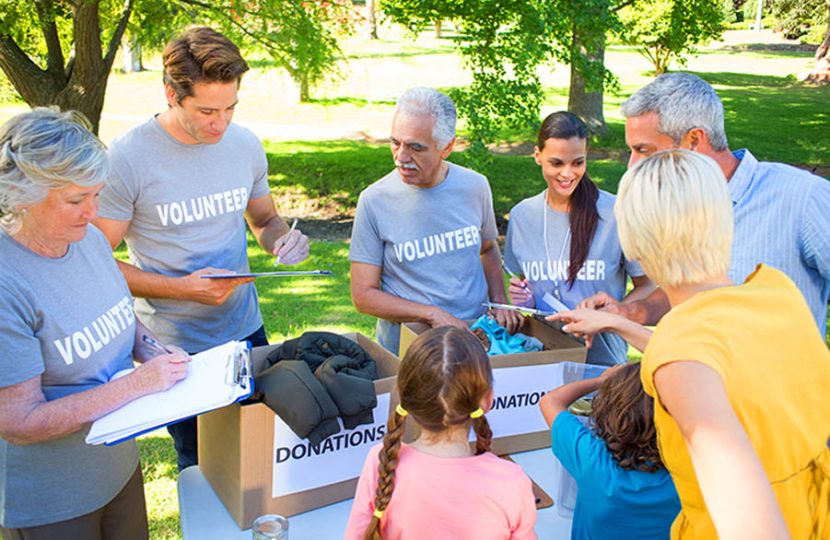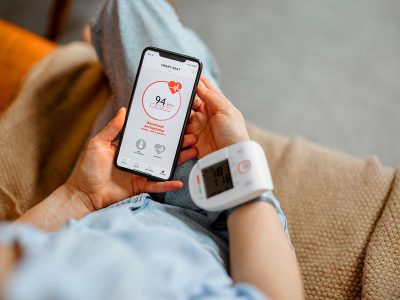Volunteering isn’t just about helping others—it’s a gift that gives back to you, too. While the emotional rewards are well-known, the physical benefits, particularly for your heart, are just as profound.
The act of giving your time, energy, and care can strengthen more than your community. It can fortify your cardiovascular health, lower stress, and even add years to your life.
Reduces Stress and Lowers Blood Pressure
Stress is a silent but powerful contributor to heart disease. Volunteering provides an antidote by creating meaningful connections and a sense of purpose that calms the mind.
Studies show that acts of giving can reduce cortisol levels, the stress hormone linked to high blood pressure and inflammation. Whether you’re organizing a food drive, mentoring someone, or cleaning up a park, the sense of fulfillment you gain can help keep your blood pressure in check and your heart steady.
Promotes Physical Activity Without the Gym
Many volunteer activities naturally get you moving. Walking dogs at an animal shelter, planting trees, or delivering meals involves physical effort that gets your heart pumping.
This kind of movement doesn’t feel like exercise—it feels like purpose. And the benefits are clear: improved circulation, better cardiovascular fitness, and a healthier heart overall. Plus, being active while helping others adds an extra layer of motivation that’s hard to find on a treadmill.
Fosters Emotional Well-Being
Your emotional health and your heart are deeply connected. Feelings of isolation, depression, or loneliness can strain your cardiovascular system, increasing the risk of heart disease.
- Volunteering builds social bonds and fosters a sense of belonging, helping to combat loneliness and isolation.
- Working alongside others or supporting those in need strengthens emotional resilience and promotes a positive outlook.
Encourages Mindfulness and Gratitude
Volunteering often shifts your focus outward, helping you appreciate what you have and live in the present moment. This shift in perspective reduces negative thought patterns that can contribute to stress and anxiety.
Gratitude has been shown to improve heart health by reducing inflammation and improving overall well-being. When you volunteer, you cultivate gratitude—not just in yourself but in those you help. It’s a cycle of positivity that benefits your mental and physical health.
How to Start Volunteering for Your Heart
Incorporating volunteering into your routine doesn’t have to be complicated:
- Find what excites you: Choose causes you’re passionate about—animals, the environment, education, or healthcare.
- Start small: Commit to a few hours a month to see how it fits into your life.
- Involve loved ones: Volunteering as a family or with friends makes the experience even more rewarding.
- Look local: Neighborhood organizations, shelters, and food banks always need extra hands.
The key is to find opportunities that resonate with you.
Conclusion
Volunteering isn’t just an act of kindness—it’s an act of self-care. By reducing stress, encouraging movement, and fostering connection, it offers a holistic boost to your heart health.
So, while you’re helping others, know this: you’re also strengthening your own heart, one selfless act at a time. And that’s the true joy of giving back.


